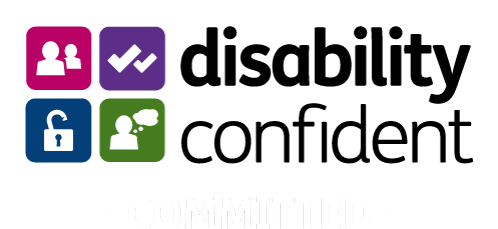
Safeguarding is a big part of the responsibilities of schools. Particularly in Early Childhood Sectors, it is mandatory to protect children from abuse or maltreatment and report to the proper authorities when necessary.
During the recruitment process, Early years teacher recruitment agencies like Quint Education look for candidates and applicants who understand what safeguarding is and how they practically intend to protect and keep their students safe from abuse. Interviews are usually the best ways to find out. As an educator, here are five safeguarding questions you can expect when applying to work with an early years school through reputable agencies like Quint Education.
Despite the challenges, Why do you want to work with children?
Albeit a simple question, the answers you provide as an early years teacher tell more about your passion, beliefs, values and principles as a teacher. As well as the lengths you would go to keep children safe from maltreatment and abuse.
When answering this question, be straightforward; let your interviewer know how much you care for children and how you intend to cater for their physical and emotional well-being. Throw in a relevant example if needed.
How would you handle physical abuse of your student by a parent?
Sometimes, parents or a child’s family can cause physical abuse of a child outside of school hours. A teacher must be observant and notice any signs or changes that indicate abuse of the child. However, handling abuse from parents can be tricky since it could exacerbate the situation if not properly handled.
Your answer must tell the measures you will put in place to protect your students outside the school premises. Remember, the safety of the child must always be a priority.
What steps will you take when you notice sexual abuse in a student?
With sexual abuse, you can miss it unless a child opens up to you. It is why you have to prove that you know the indicators of potential sexual abuse in children, e.g. change in walking or sitting, bruises in some parts of the body, and sudden behaviour change.
Other forms of sexual abuse do not come with body contact but exposure to sexual content. During an interview, you must use examples to explain how you intend to protect your students from these types of abuse.
Share an experience on how you protected your students from abuse
Interviewers with this question want to know if you’ve had any previous success in protecting or safeguarding your students from abuse.
Give detailed steps and approaches on how you helped students or resolved the issue.
Note that: telling interviewers about measures you put in place to avoid or prevent any form of abuse entirely is preferred to how you settled one after the abuse.
How would you handle issues of abuse by a colleague if you were the only one with knowledge of it?
This is a test of your integrity and loyalty to either the students or your colleagues. This is also another way to express your problem-solving skills and maturity. How you handle these questions speaks to your values and principles as a teacher and how far you would go to ensure the safety of your students; be smart about it!
These are five out of the many ways interviewers find teachers passionate about their children’s safety and well-being for employment in their schools
